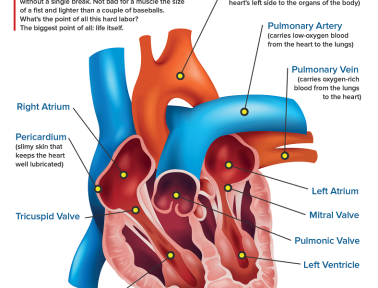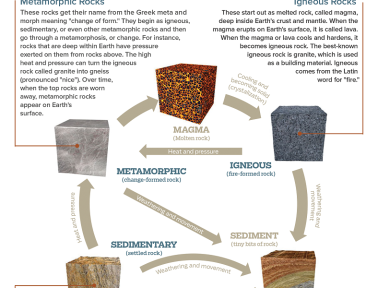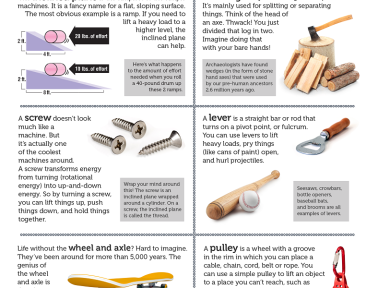Till concerning the mid 1700s, childhood years wasn’t acknowledged as part of the life-span. Youngsters were considered as small adults. The same guidelines, assumptions, and also obligations were used equally to youngsters and adults. (Therefore, the kid kings, kid brides, kid workers, etc.) No one considered that youngsters may have various demands, different mindsets, or various capacities. The change in point of view that allowed adults to take into consideration youngsters and childhood to be distinct was one of the terrific advancements of the 18th century
And also yet, I couldn’t help but assume, as I read chpaters 7, 8, and 9 of What Happens If Everyone Understood Child Development?: Straight Talk Regarding Improving Education and learning and Children’s Lives( * associate web link), that some policies and also mindsets make it seem as though we want to fall back numerous centuries in our reasoning.
As Heather Shumaker claimed in her publication, It’s OKAY NOT to Share, we tend to check out childhood via adult lenses. However that egocentric sight leaves kids short-changed. Just how can we be responsive to the needs of youngsters if we reject to see them as they are?
As Rae Pica mentions in our read-along, there’s an unsettling pattern of leaving “child stuff” behind, to ensure that kids can get ahead. As in, “the faster kids can simply quit acting like youngsters the far better off they’ll be”.(A misconception I covered right here.) Right here are the 3 instances in particular that were attended to in one of the most current phases of Rae’s book:
- Removing snooze time in preschool programs.
- ” Strengthening kids up” by highlighting competitors.
- ” Zero-tolerance” for play styles (or any type of expression, truly) that adults deem violent.
Through the lens of the adult years it appears clear that snoozes are a waste of time, an affordable drive will give our youngsters the edge, and violence in all kinds as well as depictions have to be kept from our institutions.
Yet when we look once more at each topic with what we know concerning children– what they require, as well as exactly how they grow– we see that snoozes are a basic human requirement, especially in the early years. Young children are driven by pleasure and also inherent motivators more than by outdoing others. And also play themes are an all-natural and healthy electrical outlet for kids to process heavy subjects– not least of which is the physical violence they see around them in lots of forms.
Allow’s study each topic a little bit a lot more deeply.
Sleep.
Youngsters need even more rest than grownups. It’s just a developmental truth. Normal, healthy and balanced rest patterns include snoozes for numerous 3 as well as 4 year-olds. This implies full-day preschool programs will require snooze times in order to resolve that crucial human demand. With adult lenses, it’s wasted time that can be recovered for an extra “rigorous” objective. But with a childhood years awareness, we see it is time spent conference vital demands.
And customarily, disregarding those demands is disadvantageous.
As the lots of experts Rae points out will proof, kids that do not have sleep have a more difficult time learning, a harder time acting suitably, as well as a harder time handling their feelings. So in an initiative to be successful, missing rest basically them at a drawback.
Competition.
It’s one more traditional instance of doing for youngsters currently what we believe they might need later on.” They have to complete for areas in university as well as out in the workforce, so let’s strengthen them up to compete now.” This set’s in fact unfavorable from both the child point of view AND the grown-up viewpoint.
For children, participating goals are much more encouraging that affordable ones. This developmental period is topped for discovering brand-new social skills. But equally compelling is the data that shows that one of the top-notches employers are seeking is not the cut-throat rival, but a person who has the ability to work well as part of a group.
If our objective really is to prepare our youngsters for their careers and also adult lives (a bit lost when laid on 3 years of age in my viewpoint, but also for the sake of argument let’s stick it out) then we would certainly do well to stress the participating abilities that are additionally developmentally driven in the early years.
As Rae wrote on page 39: “I’ll concede that there are celebrations in life when we have to complete. Yet if we consider the number of connections in our lives– familial, spousal, job- and community-related– we have to confess that there are extra chances for collaboration and cooperation than competition.”
” Terrorist Tots”.
We stay in an age of hyper-vigilance. It’s an unfortunate necessity. Violence as well as tragedy have left their mark on too many households as well as communities. We all want to maintain our youngsters secure.
Yet punishing kids for play themes is an additional case of seeing childhood years with adult lenses. Absolutely we require to make certain that no youngster feels worried or harmful in a play circumstance. However beyond that, remarkable play is something we must observe, not obstruct. Significant play is a youngster’s ways of handling. It’s literally therapy. So when we see challenging styles as the outcome, we require to evaluate the input. Are they seeing violence at home? On the news? Motion pictures? Computer game? Can it be extra very closely checked and decreased?
What goes in must be kept an eye on and also controlled. What comes out ought to be paid attention to, valued, and also processed. Attending to the play instead of the resource resembles restricting medicine while disregarding the need for hand-washing. Are we absolutely doing
even more to advertise calm healthy children when we do not enable them to work out hefty subjects with play? As youngster development specialist, Nancy Carlsson-Paige asks of these unaddressed fears and also anxieties, “Where does it go within them? How does it influence them ?” There is so much extra on this subject, consisting of exactly how to find that healthy and balanced middle ground, in the book! And now it’s your turn! Have you seen plans that “adultify” childhood? Circumstances or plans
that see youngsters with adult lenses, rather than acknowledging the one-of-a-kind needs as well as experiences of childhood years? Share your monitorings in the comments. And also as always, share your inquiries for the writer, Rae Pica. She’ll be addressing YOUR questions in the last message in the collection! Associated










